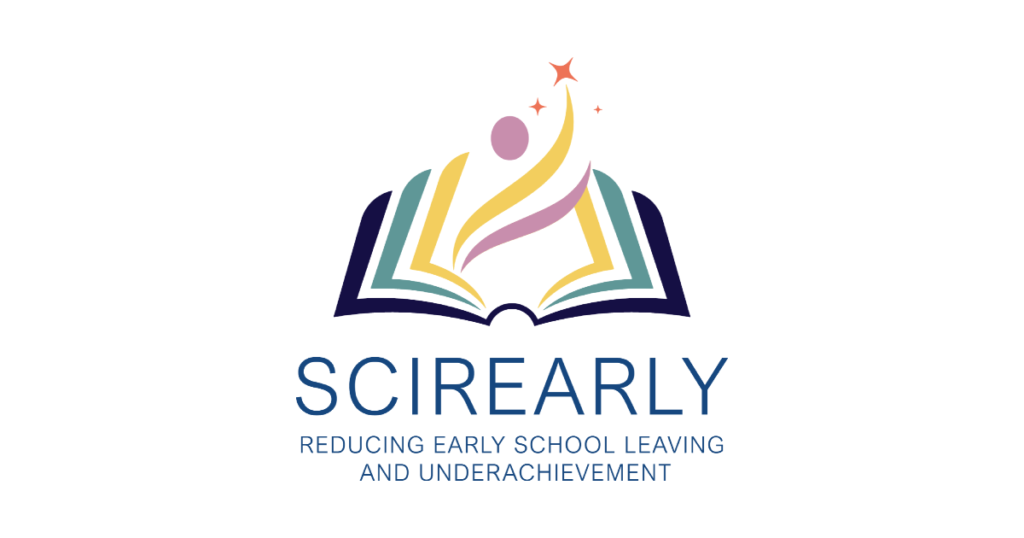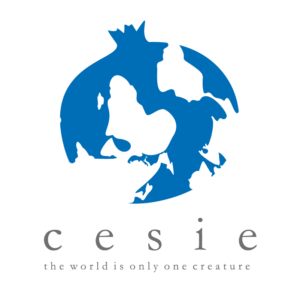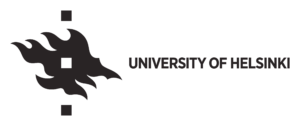SCIREARLY – POLICIES AND PRACTICES BASED ON SCIENTIFIC RESEARCH FOR REDUCING UNDERACHIEVEMENT AND EARLY SCHOOL LEAVING IN EUROPE
Scirearly aims to determine successful policy approaches and practices based on scientific research to reduce underachievement in basic skills, including digital skills, while fostering psycho-emotional aspects and well-being, thus contributing to reducing early school leaving in Europe.
Grant Agreement Number: 101061288
Funded by: HORIZON EUROPE Duration: 01/11/2022 – 31/10/2025

Challenge
Reducing underachievement in basic skills and improving the rates in early school leaving has been at the core of the strategic and political priorities for the European Commission. This has become even more relevant and urgent in a post-pandemic era where disadvantaged pupils from low socio-economic, migrant, refugee and minority backgrounds, among others, are not achieving the competencies to succeed in life.
Innovation
The SCIREARLY initiative addresses the challenge of underachievement in basic by identifying and promoting policy measures and practices based on scientific research. It aims to create a supportive environment for learning that not only improves cognitive skills in areas like reading, math, and science but also supports psychosocial well-being. This whole-child approach, integrating cognitive and socio-emotional development, is designed to foster a sense of well-being and reduce early school leaving. Through interdisciplinary research and collaboration with stakeholders, SCIREARLY will develop replicable, evidence-based educational practices that can be scaled across Europe to create optimal learning environments and support 21st-century skills and citizenship.
Action
Outputs

Project Partners











